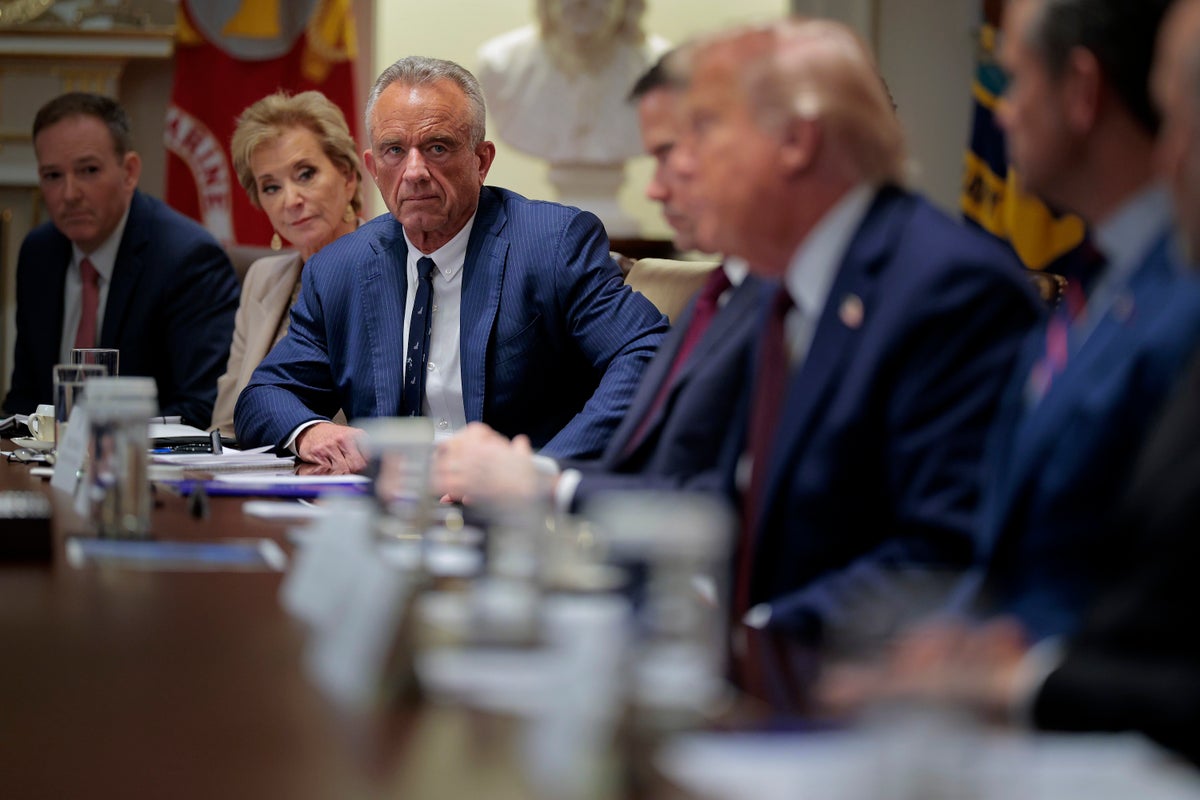
"Criticisms of the food industry have gone mute in a second White House report on improving childhood healthwhere they have been replaced by a lengthy list of research questions on the problem and calls for deregulating small farms. Widely anticipated since the May publication of an initial Make America Healthy Again (MAHA) report on the subject, White House revisions had delayed the new version. Released on September 9, this Make Our Children Healthy Again Strategy report comes from a commission that has been led by the U.S. Department of Health and Human Services' secretary Robert F. Kennedy, Jr., and has included White House officials and other agency heads."
"It cites poor diet, chemicals, inactivity and overmedicalization to explain a decline in U.S. children's health. We are the sickest country in the world, said RFK, Jr., at the release of the report, held at HHS headquarters. At the event, he called the report's recommendations, 128 in all, things I have been dreaming about my whole life."
"In its introduction, the 20-page report says that it outlines a strategic approach for executive actions to address the childhood chronic disease crisis through advancing research, realigning incentives, increasing public awareness, and fostering private sector collaborations. Initially, the report offers a litany of 23 suggested research programs, ranging from studies on the effects of electromagnetic radiation and on the use of artificial intelligence for detecting cancer in young people to a research program on vaccine injuries."
A White House commission led by HHS Secretary Robert F. Kennedy Jr. released the Make Our Children Healthy Again Strategy on September 9, offering 128 recommendations. The strategy frames declining U.S. childhood health around poor diet, chemical exposures, inactivity, and overmedicalization. The document prioritizes research, incentive realignment, public awareness, and private-sector collaboration as executive action pathways. It proposes 23 research programs covering topics from electromagnetic radiation effects to AI cancer detection and vaccine injury studies. Policy proposals number about 35 and include measures such as MAHA food boxes for SNAP participants and regulatory changes affecting small farms.
Read at www.scientificamerican.com
Unable to calculate read time
Collection
[
|
...
]